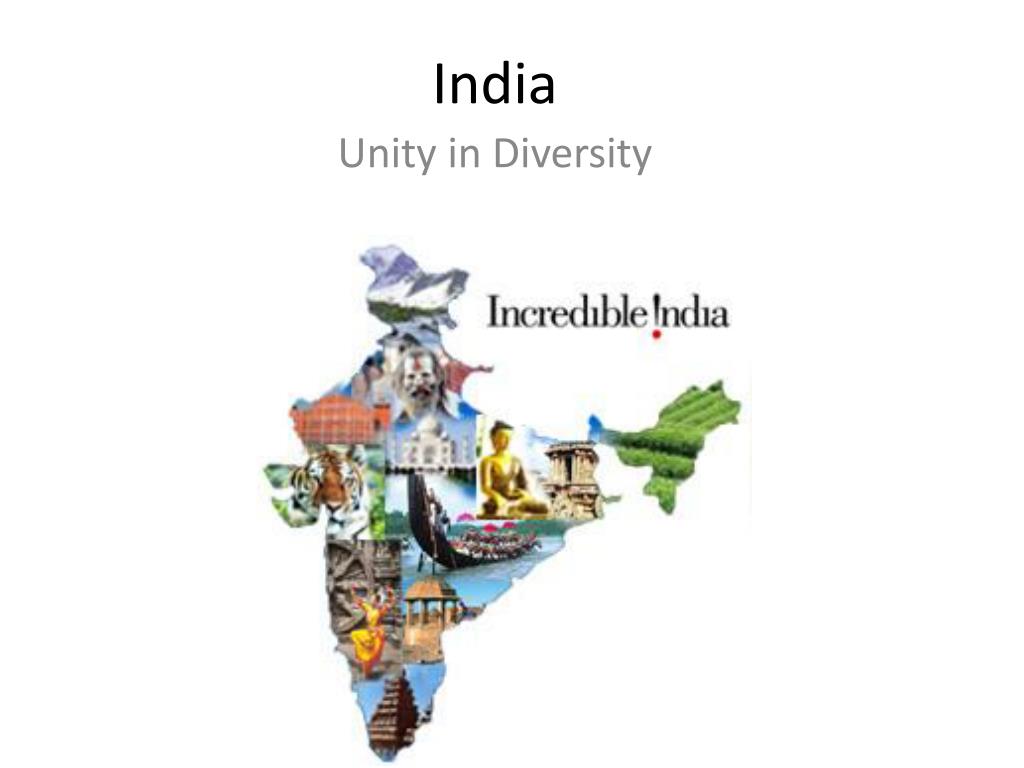Exploring Africa's Diverse Linguistic Landscape

Africa, a continent of breathtaking diversity, boasts a linguistic landscape as rich and varied as its cultures and landscapes. With over 2,000 languages spoken across its 54 countries, Africa’s linguistic heritage is a testament to its history, traditions, and resilience. From the widely spoken Swahili in East Africa to the ancient clicks of Khoisan languages in Southern Africa, each tongue tells a story of connection, identity, and evolution. Exploring this diversity not only deepens our understanding of African cultures but also highlights the importance of language preservation in a rapidly globalizing world.
The Major Language Families of Africa

Africa’s languages are broadly categorized into several families, each with unique characteristics. The Niger-Congo family is the largest, encompassing languages like Yoruba, Igbo, and Zulu. Afroasiatic languages, such as Arabic, Amharic, and Hausa, dominate North Africa and the Horn of Africa. The Nilo-Saharan family includes languages spoken in the Nile Valley and parts of Central Africa, while the Khoisan languages, known for their distinctive click sounds, are found in Southern Africa.
| Language Family | Examples | Region |
|---|---|---|
| Niger-Congo | Yoruba, Zulu, Swahili | Sub-Saharan Africa |
| Afroasiatic | Arabic, Amharic, Hausa | North Africa, Horn of Africa |
| Nilo-Saharan | Luo, Maasai, Kanuri | Nile Valley, Central Africa |
| Khoisan | Nama, Sandawe | Southern Africa |

The Role of Colonial Languages in Modern Africa

Colonialism left an indelible mark on Africa’s linguistic landscape. Languages like English, French, and Portuguese became official languages in many countries, serving as lingua francas for communication and administration. While these languages facilitate unity across diverse populations, they also pose a threat to indigenous languages, which are often marginalized in formal settings.
💡 Note: Efforts to promote indigenous languages in education and media are crucial for preserving Africa’s linguistic heritage.
Endangered Languages and Preservation Efforts

Globalization and urbanization have accelerated the decline of many African languages, with some facing extinction. Languages like N|uu in South Africa and Khosali in Botswana have fewer than 10 speakers remaining. Organizations like the African Academy of Languages and UNESCO are working to document and revitalize endangered languages through initiatives like language archives, educational programs, and community-led projects.
The Economic and Cultural Impact of Language Diversity

Africa’s linguistic diversity is not just a cultural treasure but also an economic asset. Multilingualism fosters innovation, enhances tourism, and strengthens local economies. For businesses, understanding local languages is key to successful market penetration. Culturally, languages are vessels of traditions, proverbs, and histories, ensuring that Africa’s rich heritage endures for future generations.
How to Explore Africa’s Languages

Whether you’re a traveler, researcher, or language enthusiast, there are countless ways to engage with Africa’s linguistic diversity:
- Learn a Local Language: Start with basics like Swahili, Zulu, or Amharic.
- Attend Cultural Festivals: Experience languages through music, dance, and storytelling.
- Support Language Preservation: Donate to or volunteer with organizations working to save endangered languages.
Final Thoughts
Africa’s linguistic landscape is a vibrant tapestry that reflects its people’s history, creativity, and resilience. By celebrating and preserving this diversity, we honor the continent’s past and secure its future. Whether you’re planning a trip, starting a business, or simply curious, exploring Africa’s languages opens doors to deeper connections and understanding.
How many languages are spoken in Africa?
+Africa is home to over 2,000 languages, belonging to several major language families.
What are the most widely spoken African languages?
+Swahili, Arabic, Yoruba, and Amharic are among the most widely spoken languages in Africa.
Why are African languages endangered?
+Globalization, urbanization, and the dominance of colonial languages threaten many indigenous African languages.
African languages,language preservation,cultural diversity,multilingualism,African heritage.



